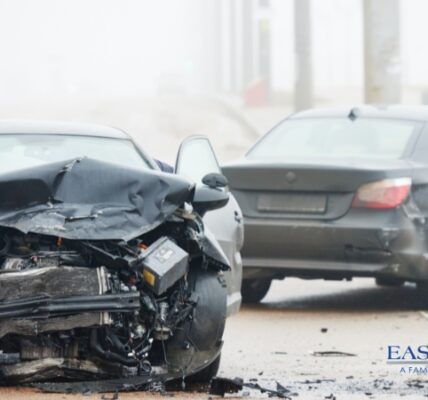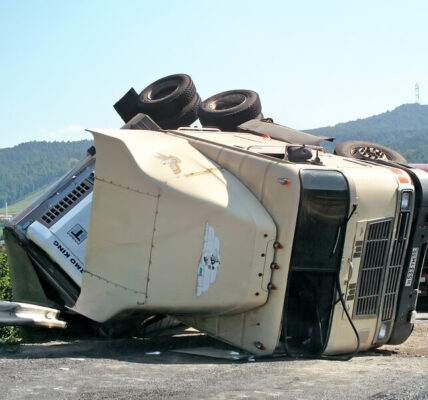The Aftershocks of a Car Crash: Navigating the Emotional Landscape

Source: jeffmorrislawfirm.com
A car accident. Just the words conjure up a storm of feelings. Fear, anger, sadness…it all hits you hard. It's like a hurricane ripped through your life. This article aims to guide you through that emotional rollercoaster, a crucial journey after a collision.
Understanding the Emotional Tsunami
Car accidents are brutal. They shake your entire being.
Physical Pain vs. Emotional Pain
- Physical injuries heal (eventually).
- Emotional wounds often linger.
These emotional scars can show up in different ways:
- Anxiety
- Guilt
- Depression
- Post-traumatic stress
The Rollercoaster of Emotions
Imagine a rollercoaster. It zooms up high, dips down low, then loops around, leaving you a little discombobulated ( confused, and unsteady). The same can happen inside after a crash. These are common feelings you might experience:
- Shock and numbness
- Fear and anxiety
- Guilt and frustration
- Anger and resentment
- Sadness and hopelessness
Coping Strategies: Finding Your Anchors
Talking Helps: Talking to trusted people (friends, family, therapists). Just getting it off your chest can ease the heaviness of what's inside you. It's crucial to lean on others (and yourself)
- Reach out to support groups, they understand.
Seeking Professional Support: Therapy can be an amazing lifeline. You deserve care and support, and talking about feelings is crucial. Even talking with someone at a mental health crisis hotline (mental-health line).
- Talking about it heals.
Mindfulness: Taking a break to calm down using mindfulness (deep breathing techniques) can help ease tension and promote composure.
- Practicing yoga or meditation can provide calmness and clarity, reducing distress.
The Legal Implications: Your Rights and Responsibilities
Crucial Considerations: Getting hurt in an accident can open a Pandora's Box legally. It's about what you need now, your peace of mind. Knowing your rights is a huge relief, especially during those tumultuous times.
Who's Responsible?
- Accidents happen! What comes after is an accident investigation process and identifying responsible parties can feel tricky.
Gathering Evidence
-
Photographs, video footage.
-
Police reports.
-
Medical records.
Important: Document every piece of evidence related to the accident.
Key questions: Who was at fault? How severe is the impact of your accident? Seek out support if feeling overwhelmed by legal procedure.
Talking to Lawyers (Review from one):
*"A lawyer’s support system is truly important."
"There will be difficult tasks; and some tough emotions. I wish my lawyer did an early assessment on the impact the situation had emotionally"
Building Your Support Network:
Family & Friends
Having a good network can change everything:
- They provide encouragement
- Help in recovery, with paperwork, or house chores.
Community Resources
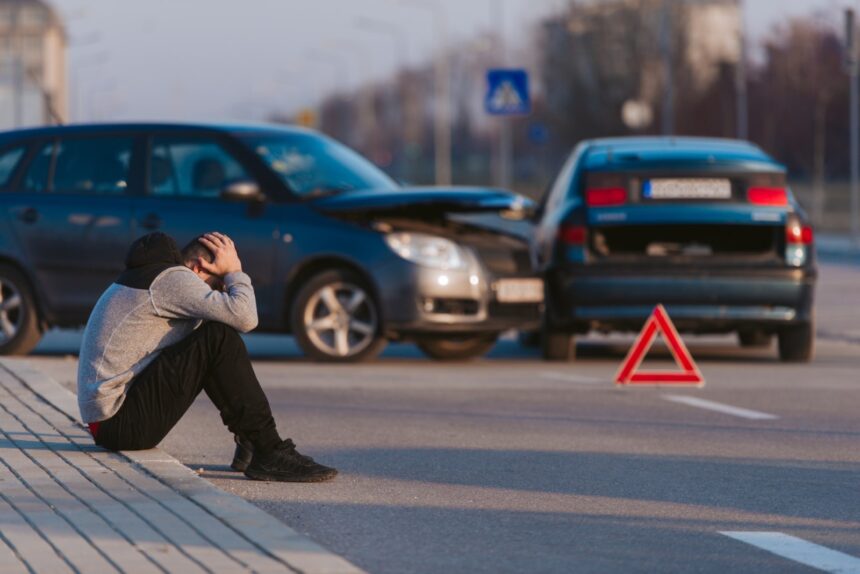
Source: legaldesire.com
- Hospitals provide resources to guide victims through care
- Mental Health Centers are essential, for counseling.
Seeking Support is Not a Weakness: Many successful people benefit from therapy, so understand this, reaching out for support.
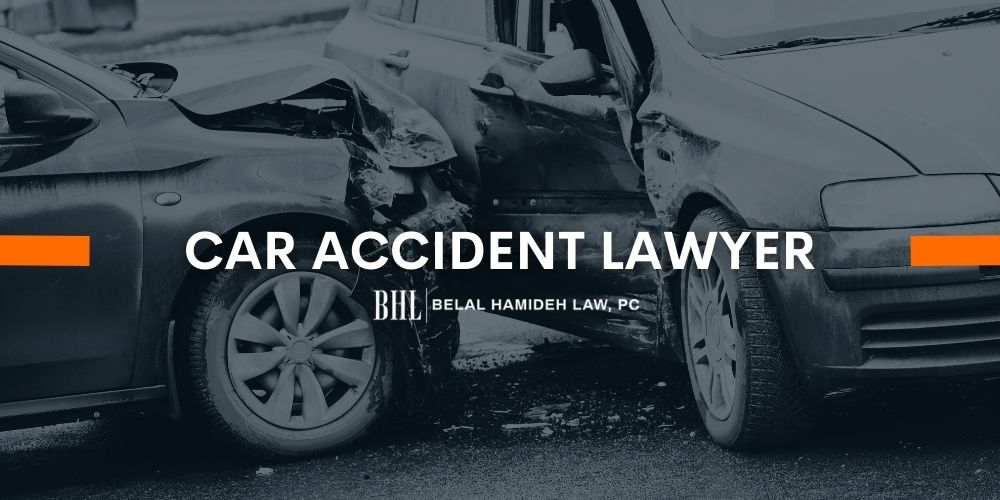
Source: belalhamidehlaw.com
Legal Process: Making Sense of it All
Initial Consultations
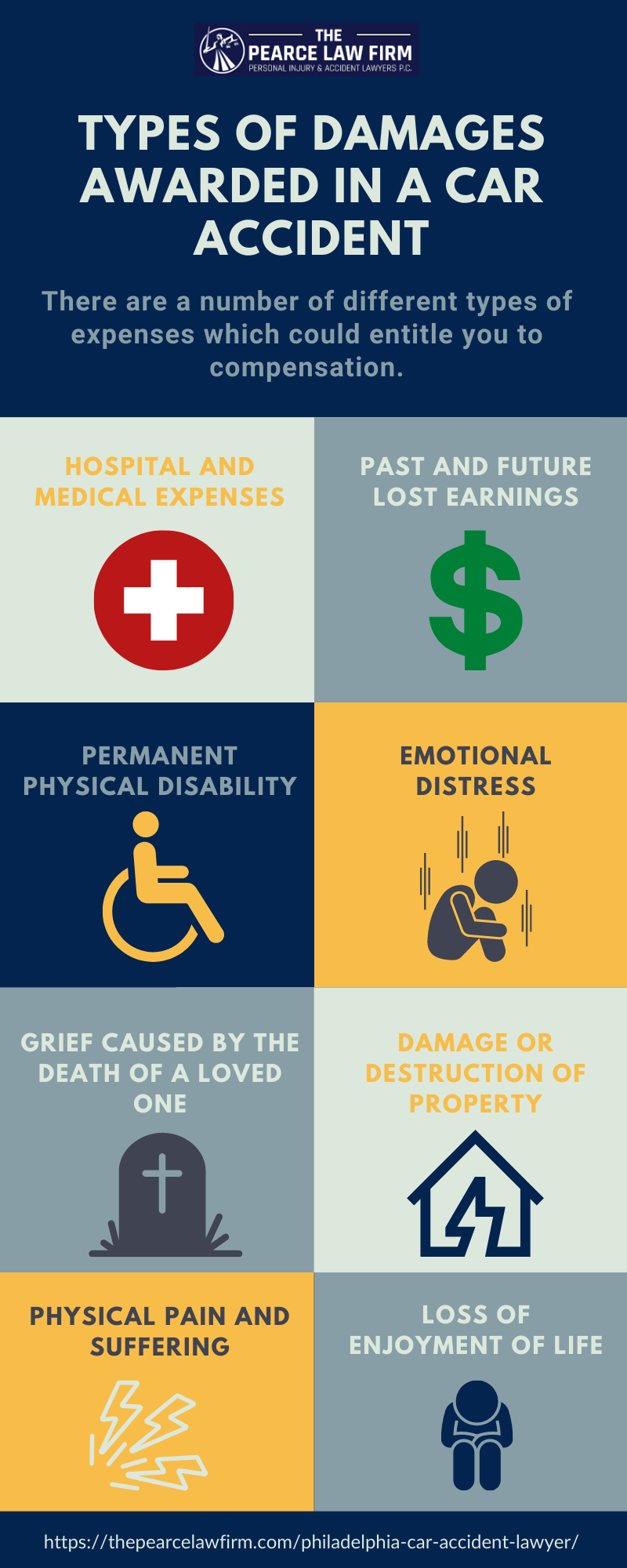
Source: thepearcelawfirm.com
You deserve clear answers about your situation
Crucial Q's: What's the extent of the damage caused, financially, or personally?
Negotiating Settlement
The process might not be easy; there can be tough negotiations for settlement, financial or other issues:
- It can be emotional and complex
- A process needs time and understanding
Tip: Prepare to understand legal paperwork.
Seeking Legal Representation
- An attorney with accident cases handled is likely to know more details
- Experience provides them more ability for support
Rebuilding Your Life: Steps to Move Forward
Focus on Healing:
- Mindfulness can help regulate your stress.
- Focus on what's achievable
Prioritize self-care: Start with something small – take a shower, call a friend. Be compassionate toward yourself. Take deep breaths
Remember: Healing is a process. Be patient with yourself and celebrate even small wins.
Table 1: Common Emotional Reactions After a Car Accident
| Emotional Reaction | Description | Example |
|---|---|---|
| Shock and Denial | Feeling overwhelmed, difficulty believing what happened. | "It can't be true, this just isn't real" |
| Anger and Resentment | Frustration, blaming yourself or others. | "It's not fair" or "Why me?" |
| Fear and Anxiety | Worry, concern for the future, potential repercussions | "I'm terrified of driving again". |
| Sadness and Grief | Distress, loss, and possibly loss of joy/pleasure. | "I feel heartbroken over the hurt" |
| Guilt and Self-blame | Blaming yourself for the accident. | "I could've done things differently." |
Additional note: Physical pain or injury can greatly amplify any emotional reactions.
Stories and Experiences: Voices from Victims
[Real experience from a person]
"It felt like a war zone; the scene made my blood run cold," [her emotional experiences after crash],
[Another victim's experience]
"Talking to someone about it felt like the best medicine", (She sought help). Therapy really aided [him], by dealing with the pain from crash [what it enabled him]. She felt it opened doors, healed wounds
(Additional real-life stories): Include a mix of positive experiences/ support/ guidance/ tips from different experiences dealing with similar accidents/ traumatic events in other contexts. Emphasizing support/ therapy is needed
Important Considerations:
- Never stop communicating with the emotional trauma of your loved ones in the aftermath, and offer support
- If someone expresses strong or upsetting feelings. be an active listener
- Always encourage a victim seeking professional support or emotional resources/mental health
This journey of healing may be long, but it is absolutely important that the road to a full recovery should have appropriate assistance and help along the way, especially with the right tools in place.
Seek help if you're struggling. Reaching out to resources and seeking care shows your courage to confront adversity. Be resilient.
Final Thought: A crash is a profound emotional test. Take each day one step at a time and allow your own healing process, emotional strength, resilience, to lead you along the road to recovery. Remember, you are not alone in this struggle and resources, including therapy and support groups, are here to help guide you on the long road of recovery.

